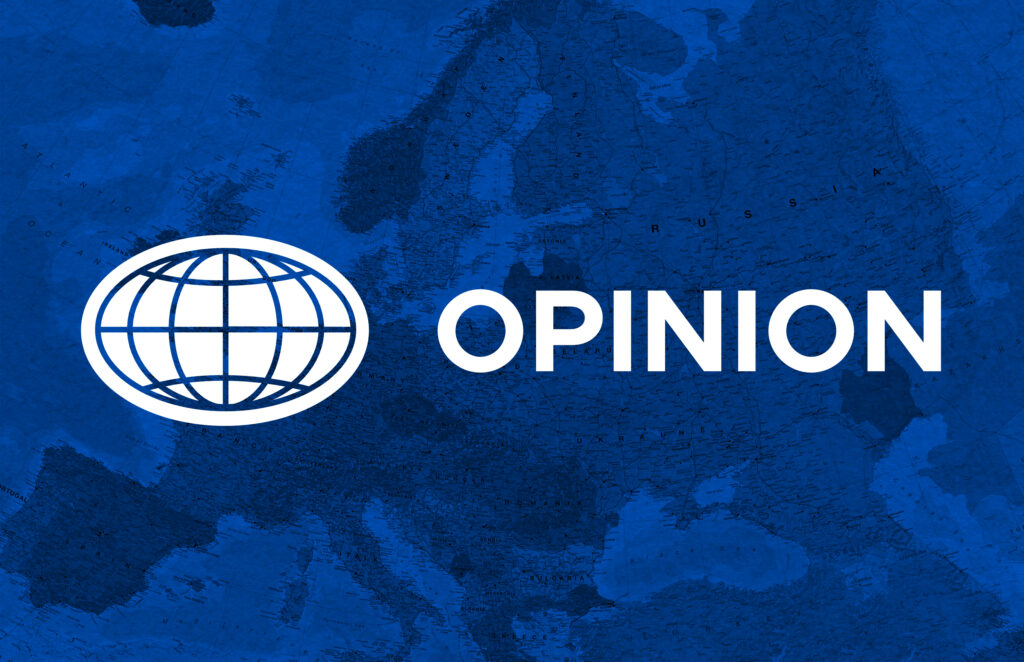Neutrality is Not Objectivity

In the debate about Ukraine, the question of neutrality is often raised—whether for journalists, opinions, or even the country itself. Neutrality is frequently portrayed as something that must be pursued; otherwise, an analysis or solution would be necessarily biased, opinionated, or not grounded in facts.
This is a misconception.
Neutrality and objectivity are two different concepts, each with its own purpose.
Neutrality
Neutrality is fundamentally about not taking sides.
It’s best used when both sides have valid points, like a debate on the balance between lower taxes and social welfare. In such cases, there is no fundamentally "wrong" side—it’s a matter of choice, akin to the proverbial debate between chocolate and vanilla.
Objectivity
On the other hand, objectivity is about reaching conclusions based on facts and evidence.
Objectivity seeks truth, even if one side disagrees. It is most valuable when clear evidence shows that one side has much stronger points than the other.
Distinction
We should apply these concepts where they are appropriate.
Otherwise, we risk being neutral without being objective—such as when a journalist gives equal time to both sides of a debate without clarifying that one side is based on misinformation. This is known as the "False balance" bias, or more simply, "bothsidism". It would come to the idea of no one to discuss the "pros and cons of Nazism" or debating whether the Holocaust was a "good thing," thereby giving the illusion that both sides are respectable. Yet, many media outlets portray the war in Ukraine in a similar manner. It is not "both sides." Russia has brutally and illegally invaded Ukraine based entirely on lies. This is not a "border dispute," any more than a rape is a "misunderstanding." Words matter.
Misplaced neutrality is morally and ethically unacceptable.
Conversely, we can be objective without being neutral. For example, a scientist might advocate for specific policies to combat climate change based on overwhelming evidence, thereby abandoning neutrality. This does not make the scientist wrong or unscientific. As long as their position is rooted in facts, it is objective. When the overwhelming majority of evidence points in one direction, there is no room for neutrality. In such cases, it becomes a moral duty to take a side while remaining objective.
Morals and Ethics
Some may argue that morals and ethics are debatable. While that is true for certain issues, some principles are not debatable. For instance, human rights are non-negotiable, as no organization in human history has achieved better long-term outcomes for people without upholding them.
Neutrality in the face of misinformation or hate speech can lend legitimacy to harmful ideologies. Objectivity, by contrast, allows society to confront such ideas based on evidence and moral principles.
For example, media should not adopt a "both sides" approach when covering issues like Holocaust denial or racist pseudoscience, as this implies a false equivalence.
Similarly, journalists reporting on genocide or human rights abuses must favor objectivity by exposing the facts, even if neutrality would be more politically convenient.
In public health, scientists and policymakers cannot remain neutral on issues like vaccination or climate change, as neutrality might falsely suggest that all viewpoints are equally valid, undermining public understanding and action.
Urgency
Beyond that, morals and ethics can even justify action in the absence of complete proof when urgent measures are required to prevent greater harm despite uncertainty. For instance, when strong circumstantial evidence suggests harm but does not meet the threshold for certainty, ethical imperatives might justify taking sides or acting decisively to prevent further damage—especially in the urgent context of an ongoing war. In such cases, we must act to stop the aggressor from inflicting further harm on the victim. This is why, in functioning legal systems, suspects are placed in custody before their trial: even though a judge has not officially ruled on their guilt, strong evidence suggests that leaving them free could cause additional harm.
Conclusion
In conclusion, we should seek neutrality and objectivity when both sides have valid arguments. However, we should prioritize objectivity alone when evidence clearly supports one side and abandon both neutrality and objectivity to act swiftly in emergencies to prevent further harm.
In the context of Russia’s invasion of Ukraine, we must support Ukraine decisively, providing them with the weapons and financial assistance they need to defend Europe against Russian aggression. There is an ongoing carnage in Ukraine and a looming threat to all of Europe, as Putin has repeatedly stated publicly that he dreams of a Russian Federation extending "to the Rhine," encompassing Germany and everything in between.